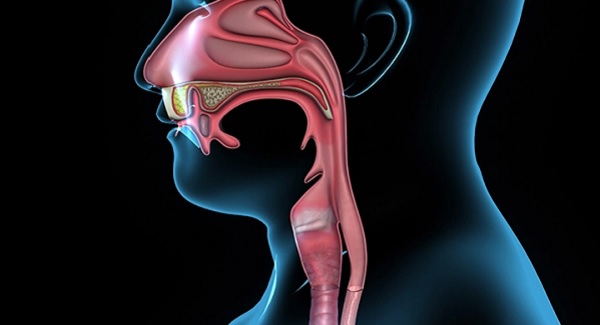Swallowing disorders
ONE of the most important things humans do to survive is to eat and drink.
When we eat and drink something, it involves swallowing.
Without swallowing how can humans survive?
Have you ever paused to think about how the food or water you put in your mouth get to your stomach and give the body the nutrients it needs?
Swallowing, like breathing, is vital to everyday life.
It is estimated that humans swallow between 500 and 700 times each day.
Swallowing, therefore, is not limited to just feeding.
Swallowing has a complex relationship with breathing.
Difficulties with sucking, swallowing, drinking, chewing, eating, controlling food, liquid or saliva in your mouth, taking medication or protecting the lungs from food and drink is referred to as Dysphagia.
Difficulties keeping your lips closed so that food, liquid or saliva doesn’t dribble out is also related to dysphagia.
Dysphagia can have a short or long-term impact on a person.
Causes
Difficulties with swallowing can occur at any stage of life (infancy, childhood or adulthood).
Children who may have swallowing difficulties include babies born prematurely, babies born with heart problems and children born with damage to parts of the brain such as children with cerebral palsy.
Children born with structural difficulties such as cleft and/or lip palate may also have swallowing difficulties.
Swallowing difficulties might result from different medical conditions such as stroke, dementia, cancer of the head and neck, progressive neurological conditions (such as Parkinson’s Disease), motor neurone disease (such as Amyotrophic Lateral Sclerosis- ALS), multiple sclerosis, dementia and learning disability.
One of the noticeable signs of dysphagia is coughing or choking when eating or drinking.
This can suggest that food, drinks or saliva are going into the lungs.
This can result in frequent lung infection (pneumonia).
Sometimes the valves in the oesophagus can cause things in the stomach such as food, drink or acid to come back up, even reaching as far up as the throat and mouth.
This condition is referred to as reflux.
Other signs of dysphagia include frequent chest infections, difficulty chewing or controlling food in the mouth, changes in voice (‘wet’ speech), food in the nose, food getting stuck in the throat, clearing of throat after eating or drinking, shortness of breath when eating or drinking, taking a long time to chew, unexplained weight loss and general weakness.
If dysphagia is not managed, it can result in poor oral health, malnutrition, dehydration, impaired quality of life and even death.
Help
If you think you as an individual has swallowing difficulties, it is advisable to see a speech and language therapist (SLT) trained to manage swallowing disorders.
SLTs assess and provide intervention for people with swallowing disorders to ensure their safety regarding swallowing.
SLTs may sometimes work with other professionals such as doctors, nurses, dietitians, occupational therapists, pharmacists and physiotherapists to optimise an individual’s nutrition and hydration.
These may include recommending changes in the texture of foods or drinks a person is given to minimise negative effects, techniques for swallowing and exercises to help swallow safely.
The writer is Speech & Language Therapist/Clinical Tutor,
University of Ghana.
E-mail: jobamp@hotmail.com



